Innovation & Research
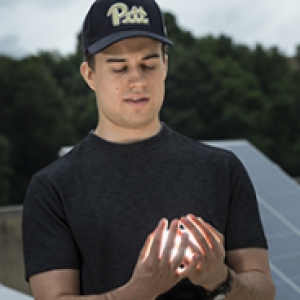
Friday, February 28, 2020
The student-led Pitt Green Fund helped launch the campus thrift store and bicycle co-op, but its board also tackles efforts related to equity and social justice.

Wednesday, February 19, 2020
Most people are familiar with solid, liquid, gas and plasma, but there are other states of matter too. Jeremy Levy and Patrick Irvin of Pitt recently uncovered an electronic state that adds to the field’s understanding of quantum physics.
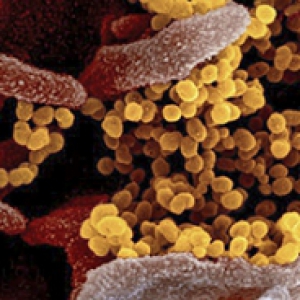
Tuesday, February 18, 2020
While identifying a new disease by its place of origin seems intuitive, history demonstrates that doing so can harm the people who live there, contends Pitt historian Mari Webel.
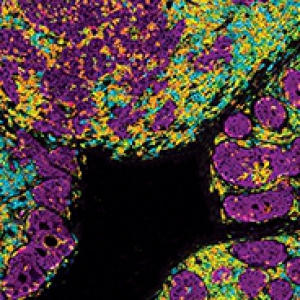
Tuesday, February 18, 2020
The immune system often stops itself from destroying cancer cells. In order to win against cancer, we need a deeper understanding about how our bodies work.
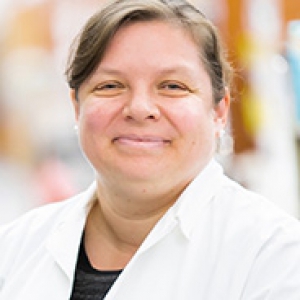
Tuesday, February 18, 2020
Liza Konnikova from pediatrics and her colleagues discovered that the fetal gut possesses almost complete immune capacity as early as 14 weeks, challenging the ideas that most biology textbooks teach.
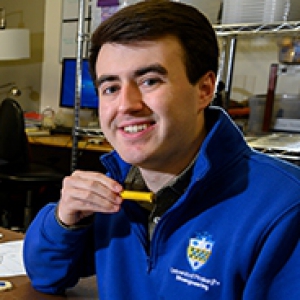
Monday, February 17, 2020
Posture Protect doesn’t just help users sit up straight—it could help people with Parkinson’s disease avoid falls. The student innovation effort that started in Joseph Samosky’s bioengineering course is nearing a pilot program in clinics.
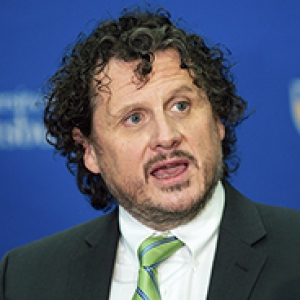
Thursday, February 13, 2020
The University of Pittsburgh is among a select few institutions expected to receive samples of the coronavirus for study. In his remarks to the University Senate, Paul Duprex, director of the Center for Vaccine Research, highlighted the tremendous history the University has in working on vaccines and why this matters.
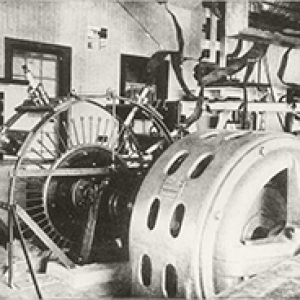
Wednesday, February 12, 2020
On World Radio Day, Pitt faculty from engineering and health and rehabilitation sciences remember the work of Reginald Fessenden, who made technologies like music streaming, video chatting and podcasts possible.
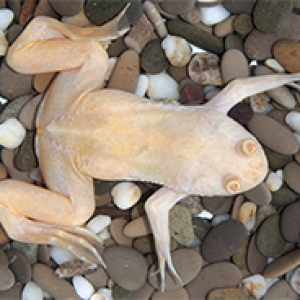
Friday, February 7, 2020
Lance Davidson’s bioengineering lab researched the origins of mucus by studying skin cells of an aquatic frog. The findings could affect how cancer researchers manipulate tumors in humans.
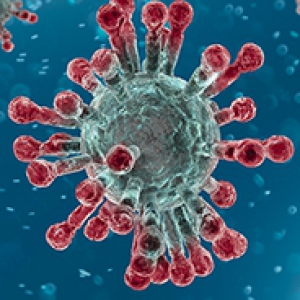
Thursday, February 6, 2020
Zhiyong Peng, a former fellow at the University of Pittsburgh, heads the department of critical care medicine at Zhongnan Hospital of Wuhan University, which has seen 28,000 cases of coronavirus. He recalls his time at Pitt as formative for his leadership and management skills.

